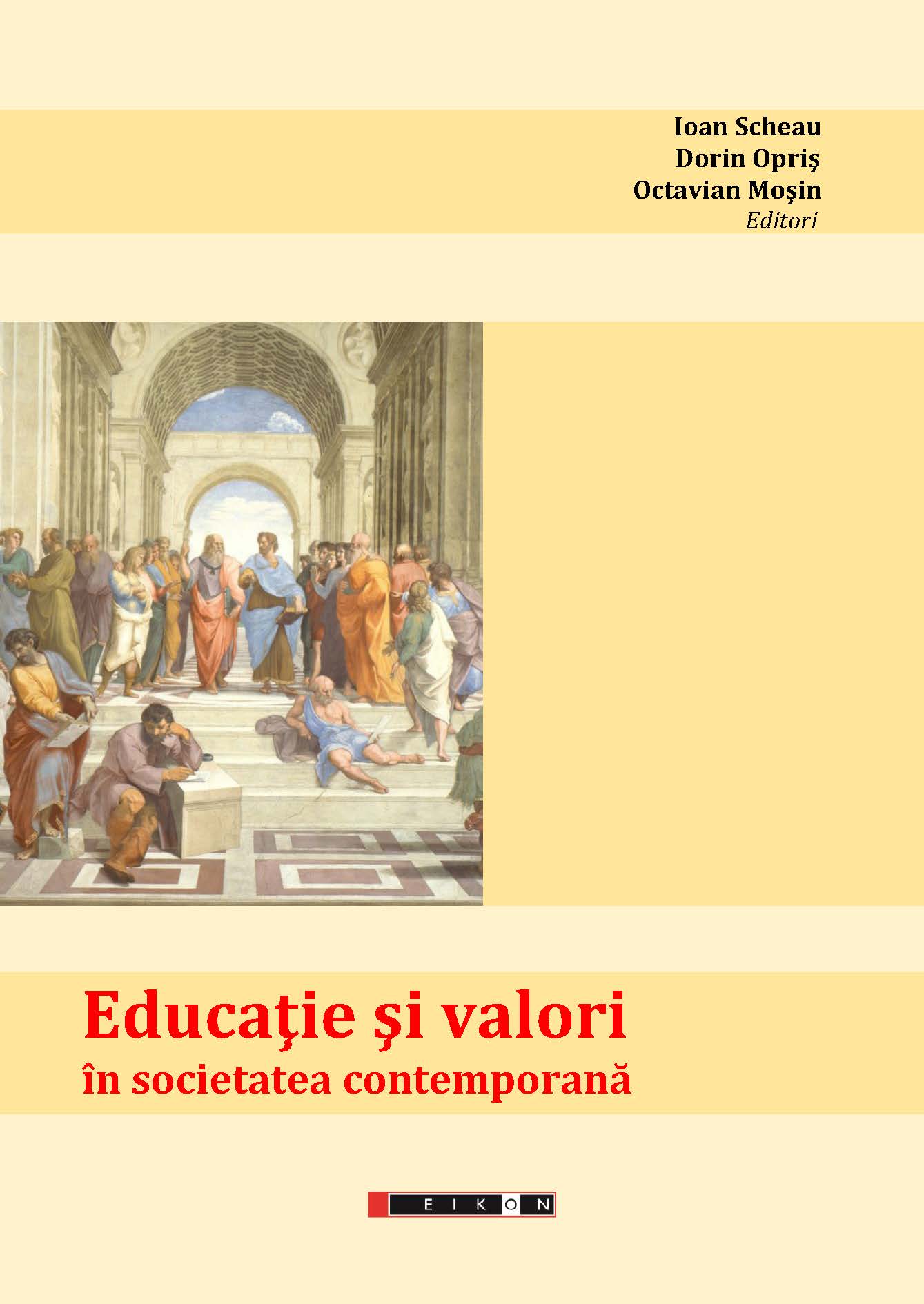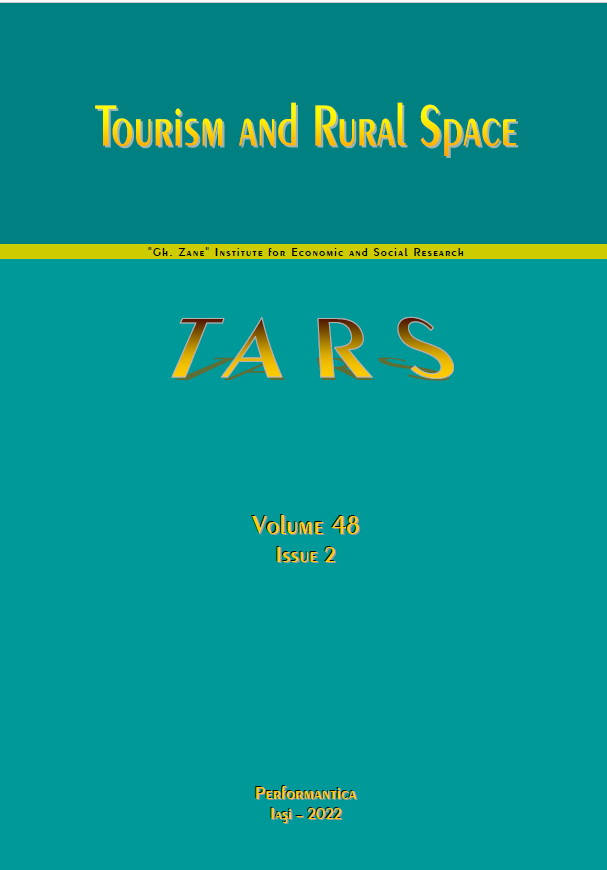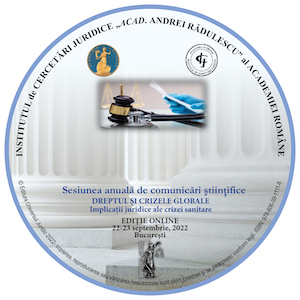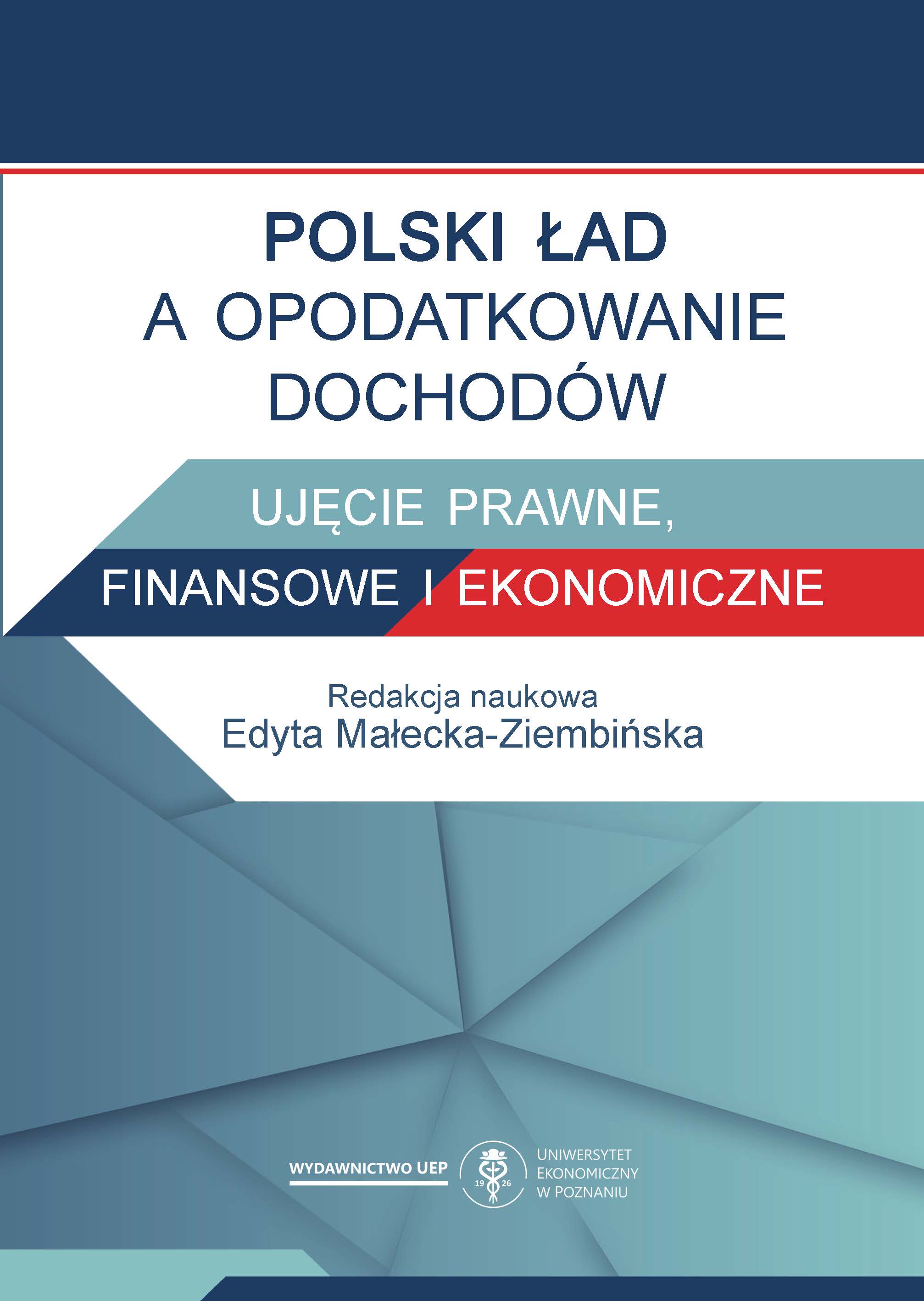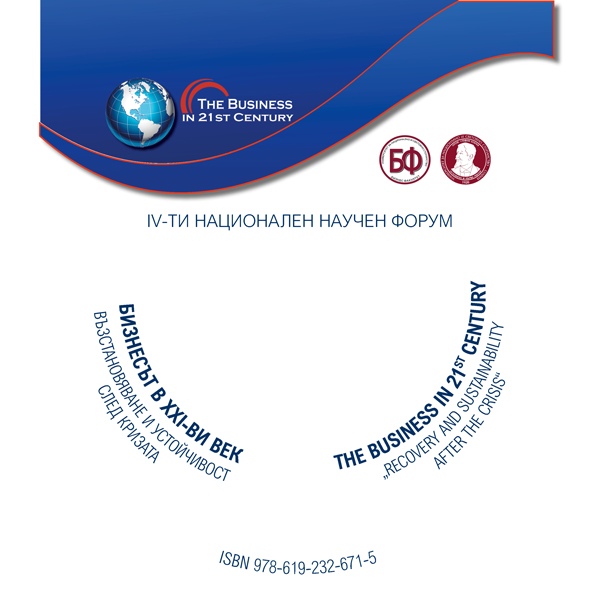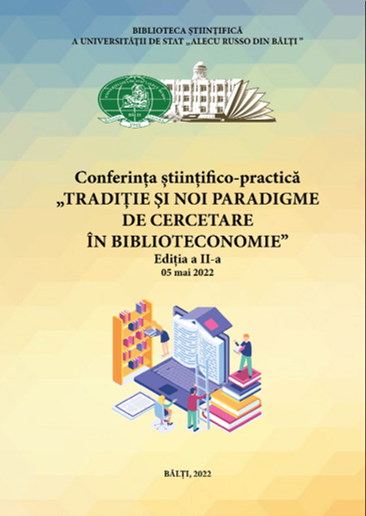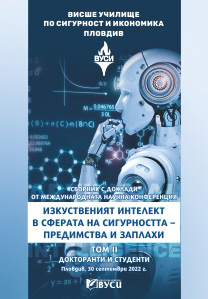
INTRODUCTION
Given its rapid economic growth and expanded geopolitical ambitions, China’s influence projection has grown globally. The World Economic Forum projected that China may overtake the U.S. as the world’s largest economy by 2024. The Belt and Road Initiative (BRI), aimed at optimising and expanding China’s economic cooperation with the Eurasian continent, makes Europe a prime destination for Chinese investment. Countries in Europe have largely treated economic cooperation with China as an opportunity, and the Nordic-Baltic region (NB8) has not been an exception to this trend. However, several European countries have grown apprehensive regarding China’s intents, as economic cooperation has become a backdrop to undesirable political influence via bilateral and multilateral fora. At the same time, buoyed by pride from its rapid economic growth, the Chinese Communist Party (CCP) has become more assertive in defending its national interests, including in the South China Sea region and in response to Western critics of China’s expansionist foreign policy, undemocratic practices and human rights violations. In reaction to these developments, a growing number of European countries have started to look at China’s activities as a challenge or threat to national security. This shift has also become increasingly visible among the countries of the Nordic-Baltic region.
More...
